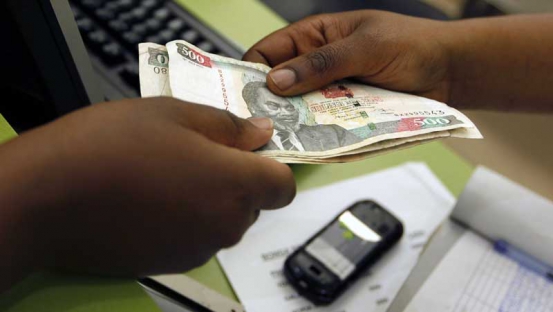×
The Standard e-Paper
Smart Minds Choose Us

NAIROBI, KENYA: Court has temporarily stopped the implementation of excise duty on bank money transfers announced by Treasury CS Henry Rotich during 2018/19 Budget speech.